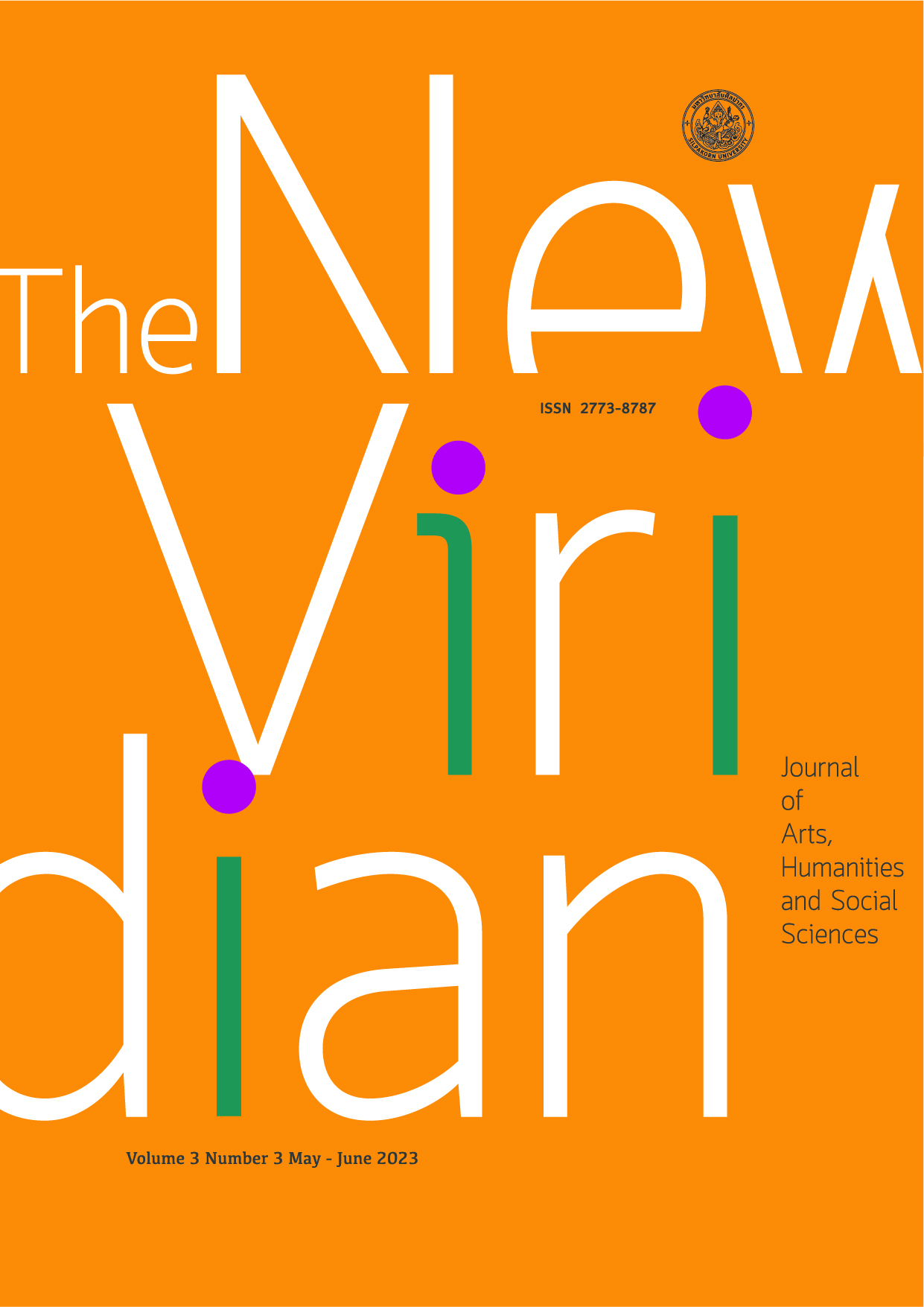การประเมินผลการอบรม “การพัฒนาข้อสอบปรนัยเพื่อประเมินความรู้ทางการแพทย์” ของศูนย์ความเป็นเลิศด้านการศึกษาวิทยาศาสตร์สุขภาพ โดยใช้รูปแบบการประเมินเคิร์กแพทริค (Evaluation of a Workshop “Multiple-Choice Question Item Development for Assessing Medical Knowledge”, by Siriraj Health Science Education Excellence Center Using Kirkpatrick Model)
Keywords:
Training course evaluation, Multiple-choice question, Kirkpatrick evaluation modelAbstract
A “Developing Multiple-Choice Questions (MCQs) for assessing medical knowledge” was organized by Siriraj Health science Education Excellence center (SHEE) during the 21st-22nd June 2021. Objective of this research was to evaluate this workshop using Kirkpatrick Model.
Methods: Scope of this research based on four levels of the Kirkpatrick Model, divided into 2 phases: during workshop and 3 months after the workshop. The populations were 36 workshop participants and their supervisors. The instrumentation consisted of 1) level 1 (reaction), participants’ satisfaction questionnaire 2) level 2 (learning), pre-test and post-test for assessing knowledge 3) level 3 (behavior), questionnaire to assess the skills of MCQs development 4) level 4 (results), questionnaire to assess the outcomes after the end of workshop. Statistics used were mean, standard deviation, t-test.
Results: Level 1 (reaction): the means of satisfaction with the training topic and management were 4.64, and 4.56, respectively. Level 2 (learning): the scores after training were statistically significantly higher than the scores before training (t = 8.50, p < 0.05). Level 3 (behavior): the major opinion from trainees was the knowledge gained from the training was often applied at the practical (X̅ = 3.91) and the supervisors agreed that the participants frequently used the knowledge in their practices (X̅ = 4.51) Level 4 (results): Overall, the trainees and supervisors agreed that there was a high of benefit to the institution, (teachers and students X̅ = 4.49, 4.46, respectively). According to the judging criteria, it was found that the assessment results were at a pass level in all aspects.
Conclusion: The assessment in each area will reflect the effectiveness of the training. On the reaction side, if the training topic is prepared and appropriate for good management, it will affect the practical learning and behavior of participants and proceed to good results for the institution, teachers, and students as well.
References
Alam, S. S., Abdullah, Z., Ishak, N. A., & Zain, Z. M. (2009). Assessing Knowledge Sharing Behaviour Among Employees in SMEs: An Empirical Study. International Business Research, 2(2): 115-122.
Cohen, J. (1977). Statistical Power Analysis for the Behavioral Sciences. New York: Academic Press.
Iramaneerat, Cherdsak. (2008). Grading (การตัดเกรด). Siriraj Medical Bulletin, 1(2): 107-113.
Iramaneerat, Cherdsak. (2012). Creating a Multiple-Choice Test (การสร้างข้อสอบปรนัย). Siriraj Medical Bulletin, 5(1): 29-36.
Khawloueng, Dusit. (2011). Competency and Effective Training (การฝึกอบรมที่มีประสิทธิภาพและสมรรถนะ). Journal of Education and Social Development, 7(1): 18-32.
Kirkpatrick, D. L. (1994). Evaluating Training Programs: The Four Levels. San Francisco: Berrett-Koehler Publishers.
Panakul, Saksri. (2002). Curriculum Evaluation (การประเมินหลักสูตร) (3rd ed.). Bangkok: Ramkhamhaeng University Press.
Silpcharu, Thanin. (2006). Research and Statistical Analysis with SPSS (การวิจัยและการวิเคราะห์ข้อมูลทางสถิติด้วย SPSS) (5th ed.). Bangkok: V. Inter Print.
Smithikrai, Chuchai. (2001). Personnel Training in Organizations (การฝึกอบรมบุคลากรในองค์การ) (3rd ed.). Bangkok: Chulalongkorn University Press.
Wongsarnsri, Payom. (1998). Human Resource Management (การบริหารทรัพยากรมนุษย์) (7th ed.). Bangkok: Suan Dusit Rajabhat Institute.


